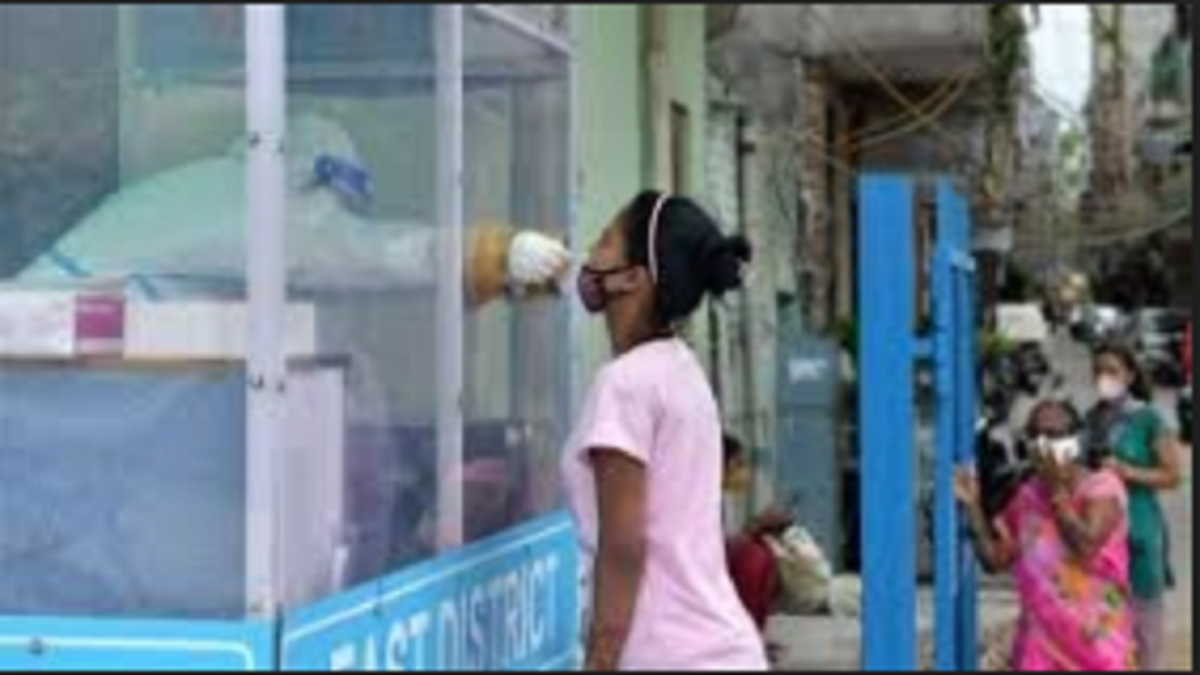2020 is the year most of the world would like to forget and wish that on one is exposed to such a situation ever. Our understanding of Covid-19 and its impact is limited still and the treatment is based more on symptoms rather than targeting the virus itself. The route of infection is mainly through mouth, nose and eyes and the latest WHO information suggests that this virus can spread through the air. Therefore, it is advised to wear masks to protect us and others around.
When we see the patients around us, most fatalities due to Covid-19 is happening to elderly and those with comorbidities, indicating that the virus impacts multiple organs and can cause damage through various parts of the body. It’s a known fact that Covid-19 is mainly characterised by symptoms such as fever, dry cough, fatigue and sore throat and as per the current understanding, the primary organ targeted is lungs.
Covid-19 has demonstrated a wide spectrum of clinical manifestations from asymptomatic or paucisymptomatic forms to severe viral pneumonia with respiratory failure, multi-organ and systemic dysfunctions in terms of sepsis and septic shock and death.
Low oxygen, breathing difficulty
The virus enters the cells by binding to receptors Angiotensin-converting enzyme 2 or ACE2 which are found on it. These receptors act as the site of entry and are found in the cells of multiple organs, making it easy for the virus to enter. For instance, the human lungs contain tiny air sacs known as alveoli. These are responsible for the exchange of oxygen between lungs and blood vessels. These alveoli are rich in the ACE2 receptors. When the virus enters these cells, the immune system mounts an all-out battle against the virus. This disrupts oxygen transfer and makes breathing difficult, accompanied by cough.
The most frequent, serious manifestation of Covid-19 infection seems to be pneumonia, which is characterised by cough, fever, dyspnea and bilateral infiltrates displayed on radiographic chest imaging. Unfortunately, there are no specific clinical features that discern Covid-19 from other viral respiratory illnesses. Although most patients will only experience mild symptoms of the disease, some patients will experience rapid progression of their symptoms over a week.
ARDS is a cause of concern
One study found that 17% of their patients developed Acute Respiratory Distress Syndrome (ARDS) and among these, 65% rapidly worsened and died from multiple organ failure. In a study focusing on the associated risk factors, it was reported that ARDS was greatly associated with older age (over 65 years old), diabetes mellitus, and hypertension. For most cases, bilateral lower zone consolidation (identified through chest x-ray) peaked at 10-12 days from symptom onset.
Patients with CVD at greater risk
Patients with existing cardiovascular disease (CVD) are at a greater risk of suffering from severe Covid-19 and having poorer prognosis. A meta-analysis comprising 46,248 patients who were Covid-positive found that the most common co-morbidities were hypertension (17%), diabetes (8%) and CVD (5%). CVD and hypertension have also been more prevalent in the severe patient group as compared to non-severe cases. Existing CVD is also associated with higher mortality. On the other hand, it is widely agreed that coronavirus can also have adverse effects on cardiovascular health itself, causing or aggravating damage to the heart. There are reports of cardiogenic involvement in patients without known CVD as well as cases with solely cardiac presentations.
A significant number of patients reported GI symptoms such as diarrhoea, nausea, vomiting and abdominal pain, with some reporting these symptoms as their sole presenting complaint. The incidence of GI symptoms, alongside the detection of SARS-CoV-2 RNA in stool samples of infected patients, suggest that ACE2 receptors highly expressed in the GI tract are another target for SARS-CoV-2 infection.
Liver injury in corona patients
Mild and transient liver injury, as well as severe liver damage, can occur in Covid-19. Wong et al indicated that 14.8to 53.1% of Covid-19 patients had abnormal levels of alanine aminotransferase, aspartate aminotransferase and bilirubin during the course of the disease, with bilirubin showing the smallest elevation. Furthermore, they reported that the severity of liver damage is proportional to that of Covid-19. Gamma-glutamyltransferase was elevated in 54% of patients in one cohort study that included 56 Covid-19 patients.
There have been reports of strokes among patients. As blood vessels are present all over our body, any effects on them are not restricted to a specific organ such as lungs, kidneys and intestines. So if Covid-19 directly affects the blood vessels of a patient, they will cause blood clots more easily as they are damaged.
In autopsies done on deceased Covid-19 patients, blood clots are apparent throughout many organs in their bodies. This suggests that many blood vessels and organs are affected. Once you have blood clots, you may have complications like stroke where blood clots travel to the arteries of the brain and clog them up. Doctors have also observed patients with dizziness, confusion, delirium, altered mental state and muscle weakness. Blood clots can lead to a heart attack or a pulmonary embolism when a clot gets into your lungs.
We need to look into this pandemic in a detailed way and the studies will pave way for the right treatment options and more inside information about the virus and its treatment. We cannot just rely on temperature reading to be Covid-positive or negative. The community needs to take this pandemic seriously and continue practising social distancing and other preventive measures.
The writer is director and HoD interventional cardiology at Max Super Speciality Hospital, Shalimar Bagh, Delhi.







